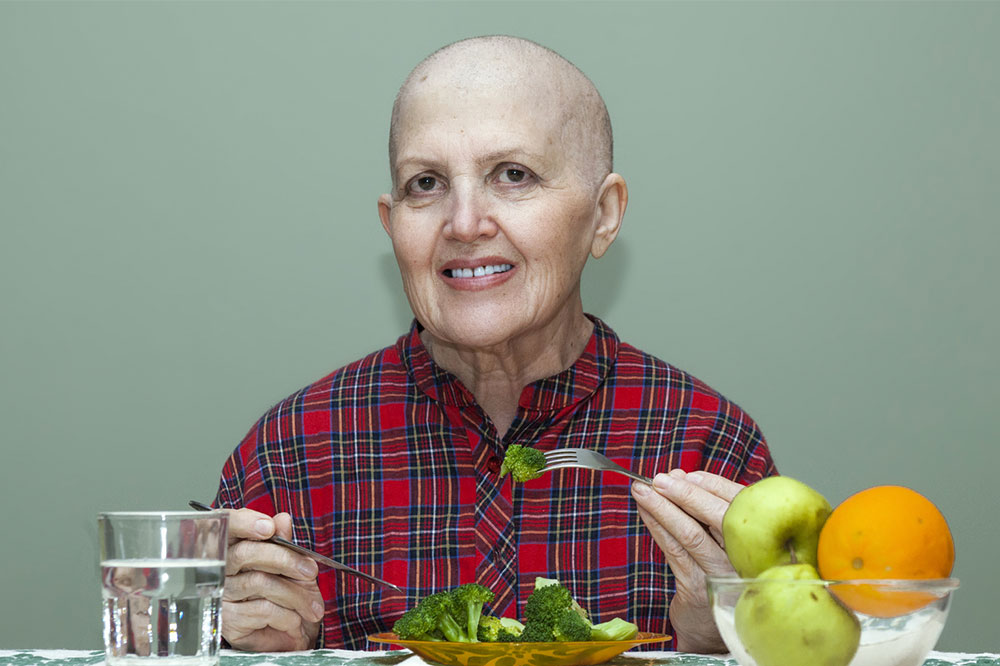
Common Side Effects of Chemotherapy
Treating cancer can involve many procedures. Some involve surgery, radiation therapy, chemotherapy, hormone therapy, and immunotherapy. Every treatment’s goal is to completely cure the disease but in certain situations, it is not possible to completely cure the disease and at that point in time the main goal is to curb the growth of cancer or worse case slower the rate of growth. However, these treatments can sometimes have the main side effects of cancer in some patients. Let us take a look at some of the main side effects of chemotherapy, that is one of the most common cancer treatments.
Chemotherapy affects the cancer cells as well the normal cells that grow and divide quickly like the new blood cells in the bone marrow, skin, hair, stomach and even the reproductive system. Some of the most common side effects are as follows.
Fatigue
Feeling tired post the chemotherapy sessions is the most common and the main side effect of cancer treatment. Exhausted throughout the day, confused, lack of focus and drowsy are some of the most noticeable side effects. These side effects of the cancer treatment hinder the daily routine making the individual frustrated. It can later develop into depression that is harmful. It is best to plan out the day when an individual is the most energetic and the body should be allowed to recover. Mild exercise can reduce fatigue levels. Low red blood cell count can also lead to fatigue so it is always best to consult with the doctor if such a situation arises.
Change in appetite and nausea.
Individuals undergoing chemotherapy often experience a change in the appetite. There are cases where the patient develops an aversion towards a particular food. Chemotherapy can also make an individual feel sick and the patient may feel nauseous after a few hours of the treatment. The feeling of nausea is often accompanied by vomiting which can be persistent. In some cases, even steroids are administered to control the vomiting. Prolonged vomiting can also lead to dehydration. Appetite loss can be dealt with by eating smaller snacks than eating a large meal and it is advised to eat only when the patient feels like. One can even stick to liquid food if solid food feels uneasy. Enriching foods like fruit juices, yoghurt, milk works perfectly. It is best to avoid food with strong odor which can put someone off from eating.
Diarrhea or constipation
Stomach upset is a very common side effect of the cancer treatment since the stomach has cells that grow and divide quickly and chemotherapy kills them. Patients can either experience diarrhea or constipation. Dealing with stomach upset includes eating plenty fiber-rich food for consistent motion and bowel movement. Including plenty of fluids both hot and warm can deal with an upset stomach and replacing the lost fluids in case of diarrhea. Bland food like clear broth or boiled rice can help patients suffering from diarrhea. It is advisable for people with diarrhea to avoid any spicy food. For people experiencing constipation, mild exercise can help bowel movement.


